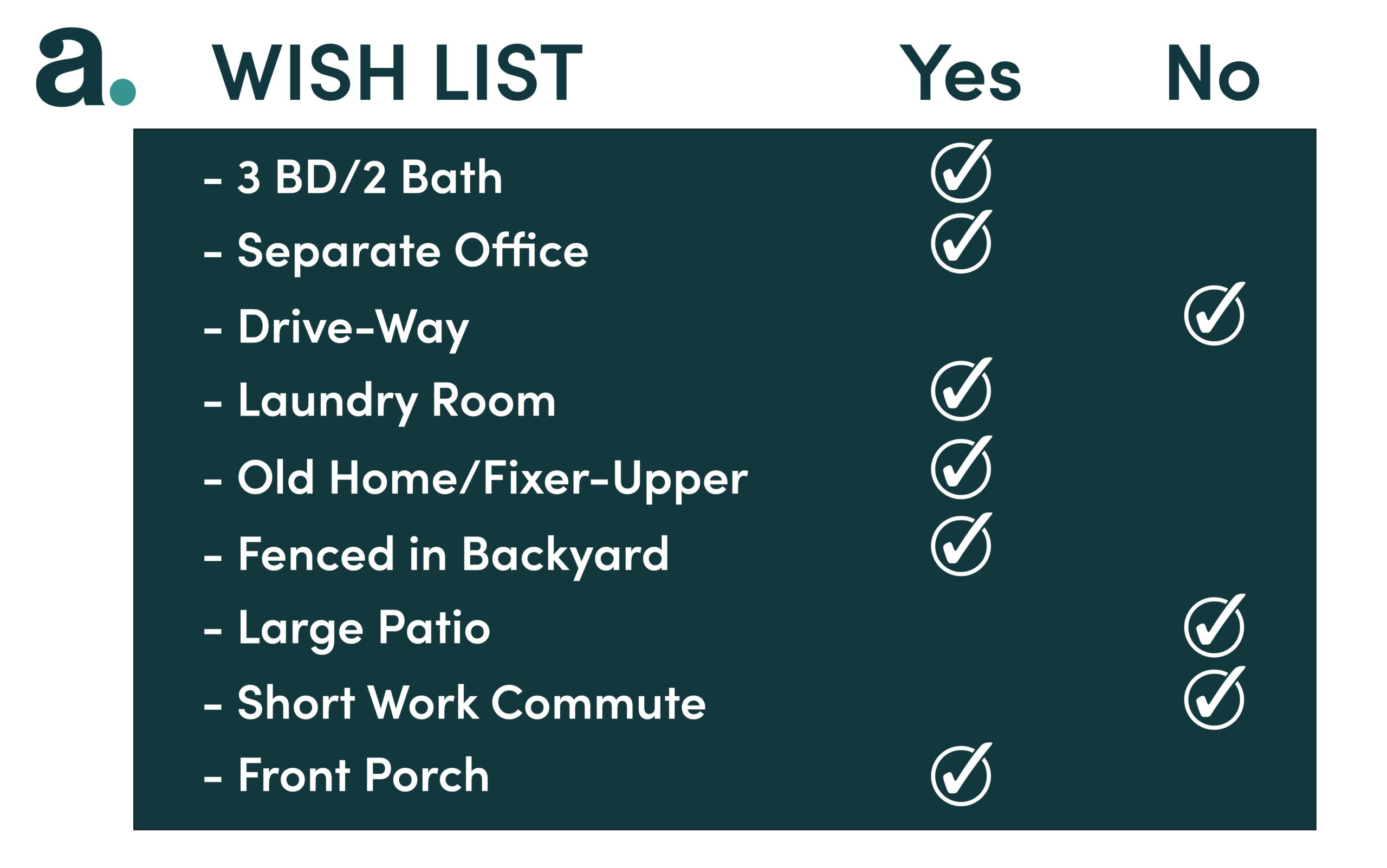Congratulations! You’ve decided to purchase a home. Now it’s time to prepare yourself to make educated decisions by learning about the process, the people who can assist you, and the associated costs.
Buying a home can be one of the most expensive, but rewarding decisions you’ll ever make. As with any large investment, it’s important to do your research and properly educate yourself before you reach a decision.
With so many things to consider, where should you begin? This article will walk you through the home buying process.
Set a budget.
This is arguably the most important factor to consider when deciding on a home. Buying a home is a considerable financial investment. This decision should be well-thought out and made in accordance with your spending and saving goals. The selling price of a home is not the only cost to consider. Homeownership includes both upfront and ongoing costs, so let’s highlight these differences.
Upfront costs may include:
- 0% – 20% for a down payment (Tip: set a down payment goal and track your progress to that goal)
- 2% – 5% for closing costs
- $200 – $600 for inspections
Ongoing costs may include:
- Mortgage payments
- Maintenance and repairs (lawn maintenance, plumbing, electrical wiring, roof repair, etc.)
- Utilities (water, sewage, trash, electric, internet, etc.)
- Homeowners association fees
Consider the potential upfront and ongoing costs to determine just how much house you can afford. Use our free Home Affordability Calculator to determine upfront costs. Keep in mind the larger the home, the bigger the costs. Maintenance and repair costs are influenced by the location of your home, the condition, and the age of your home. Talking to a financial advisor can help you make a realistic budget.
Do your research and create a list.
Do your due diligence and try to find out as much information as you can about your home before making any decisions. Ask the seller about the condition of your potential home and an inspection record. It’s not just about the home, it’s also about the neighborhood. There can be several factors outside of the house itself that play a part in your decision. Consider schools, your commute to work, nearby restaurants, parks, and any other things that are important to you. Start this process by deciding what you value most in a home and work down from there. Create and maintain a list of wants vs. needs in a home similar to the chart below.

Familiarize yourself with mortgage.
Most home buyers afford their house with the help of a mortgage, which is a home loan that you pay back over a number of years. It’s crucial to find a mortgage that fits your needs and your budget. Your mortgage payment typically includes:
- Principal: The original amount you borrow.
- Interest: The amount you pay to borrow the principal.
- Taxes: Property taxes, which may go up or down over time.
- Insurance: This includes homeowner’s insurance and Private Mortgage Insurance (PMI). You generally pay PMI until you have 20% equity in the home. PMI protects the lender if you stop making payments on your mortgage.
It’s important to understand how interest rates can impact your mortgage. Even a small difference in the interest rate could mean you pay thousands (even tens of thousands!) more or less in interest over the life of the loan. Your income and credit history will determine mortgage terms like interest rate and the loan amount.
Mortgage payments need to align with your financial capability and can be as low or high as you’d like depending on how quickly you’d like to pay your home off. It’s important to do what’s right for you and what aligns best with your financial goals. We encourage you to shop for a lender, compare multiple loan estimates, and explore your loan options in order to get the best rate. Explore our Mortgage Payment Calculator to get a better idea of your monthly mortgage payment, and learn more about mortgages at Alltru.




